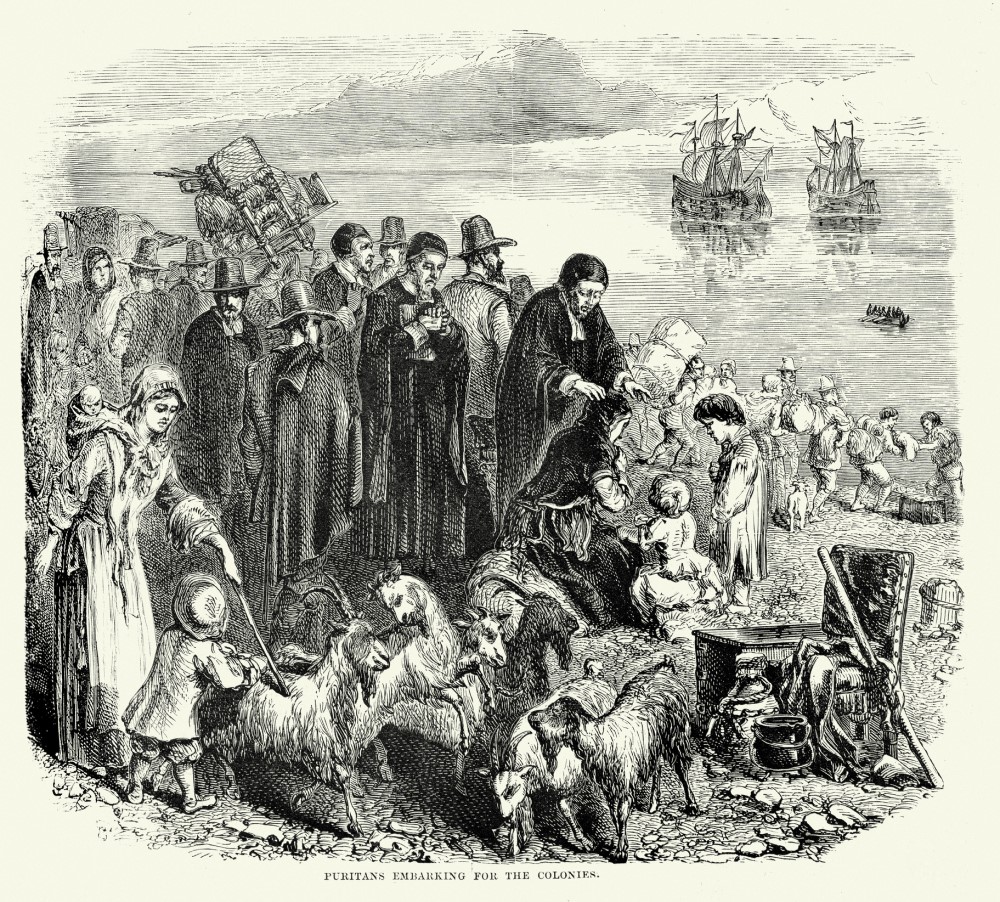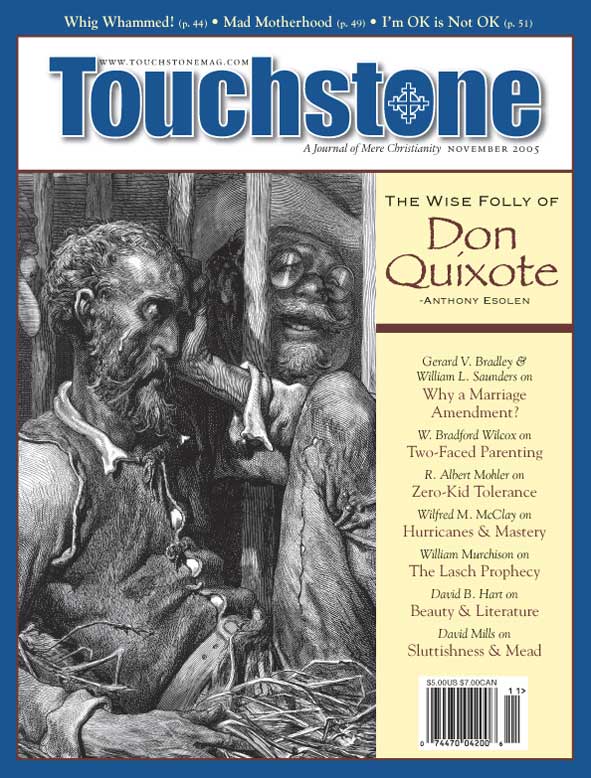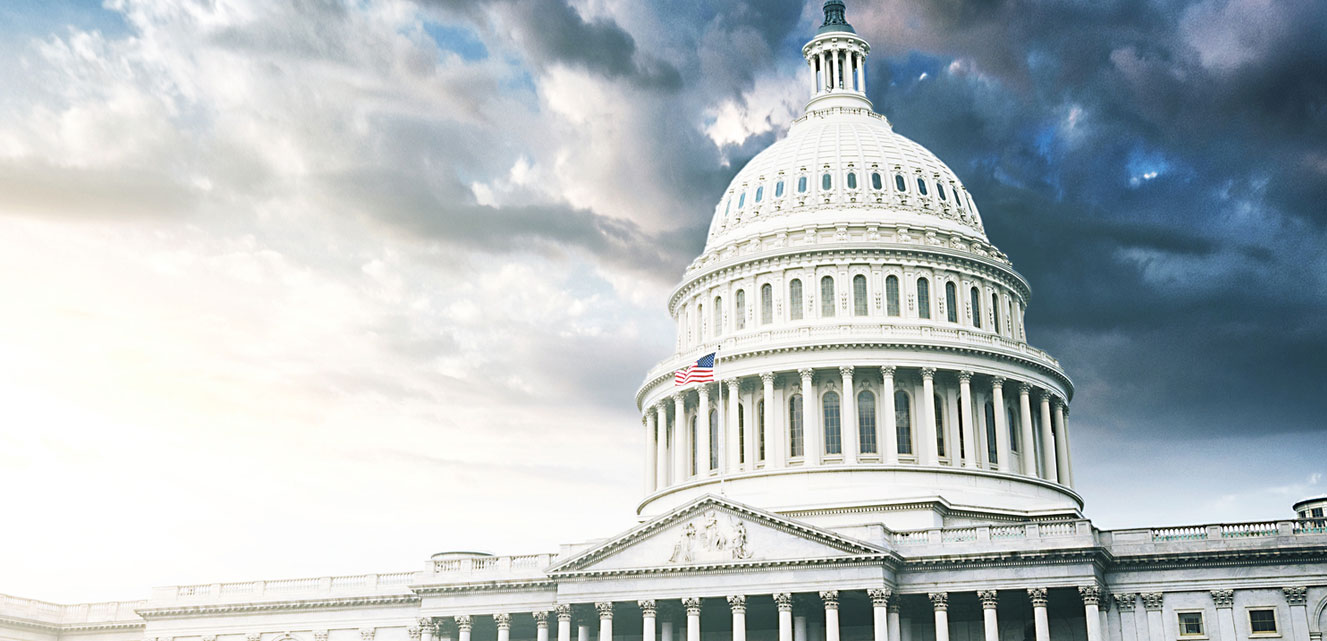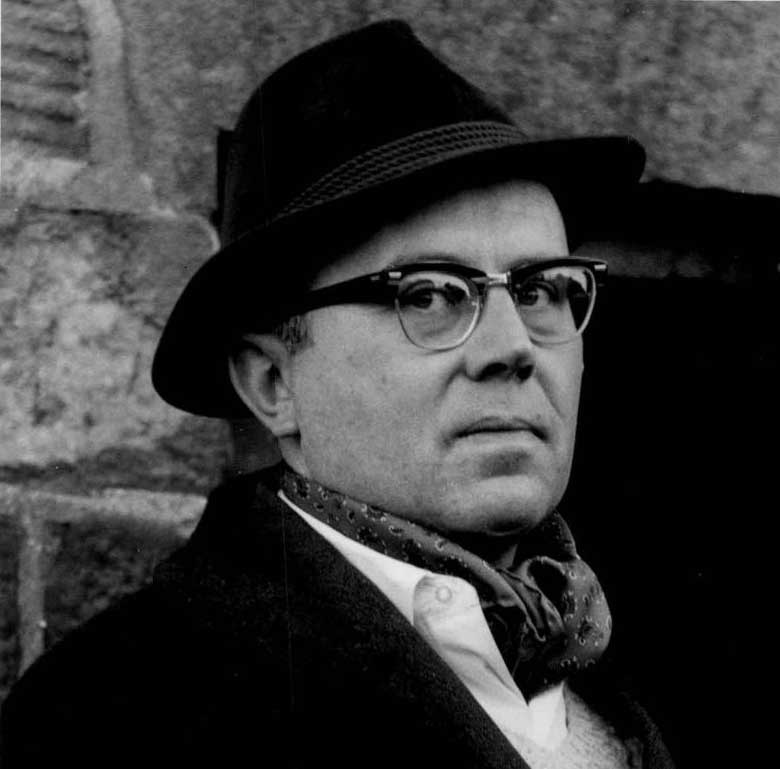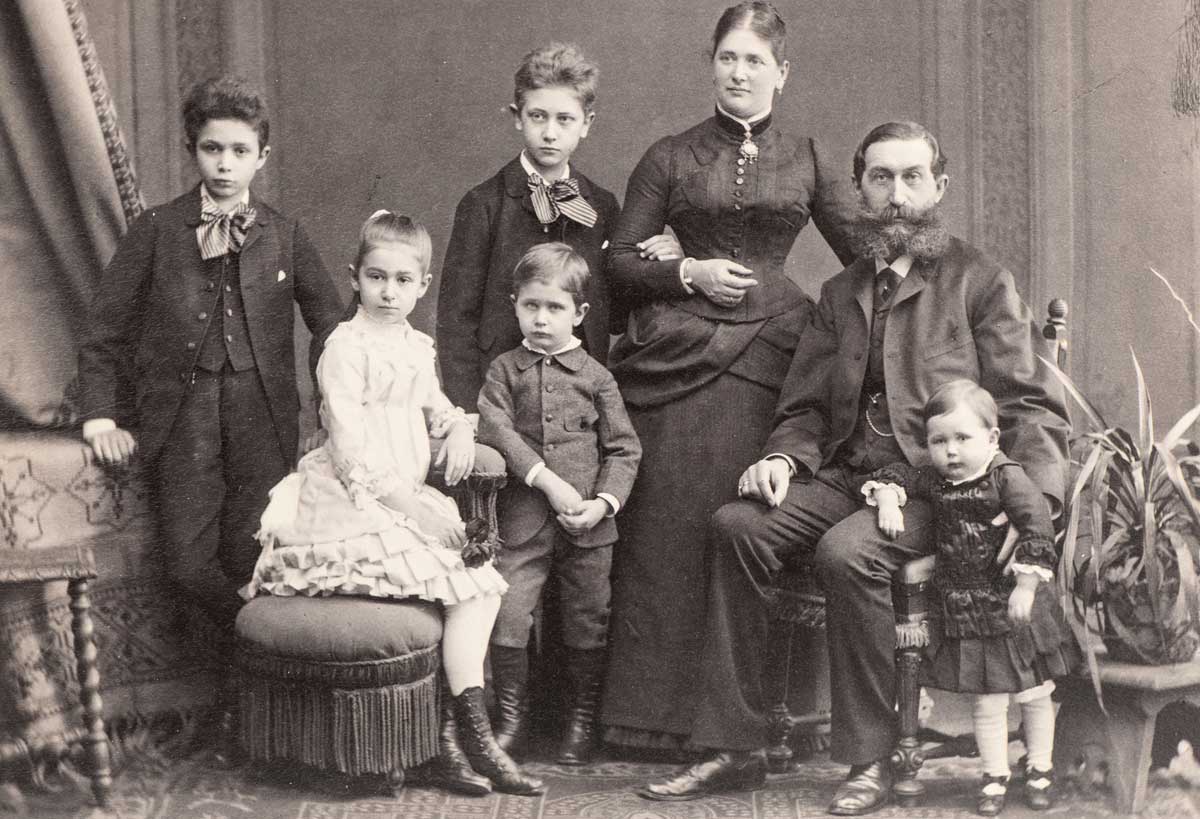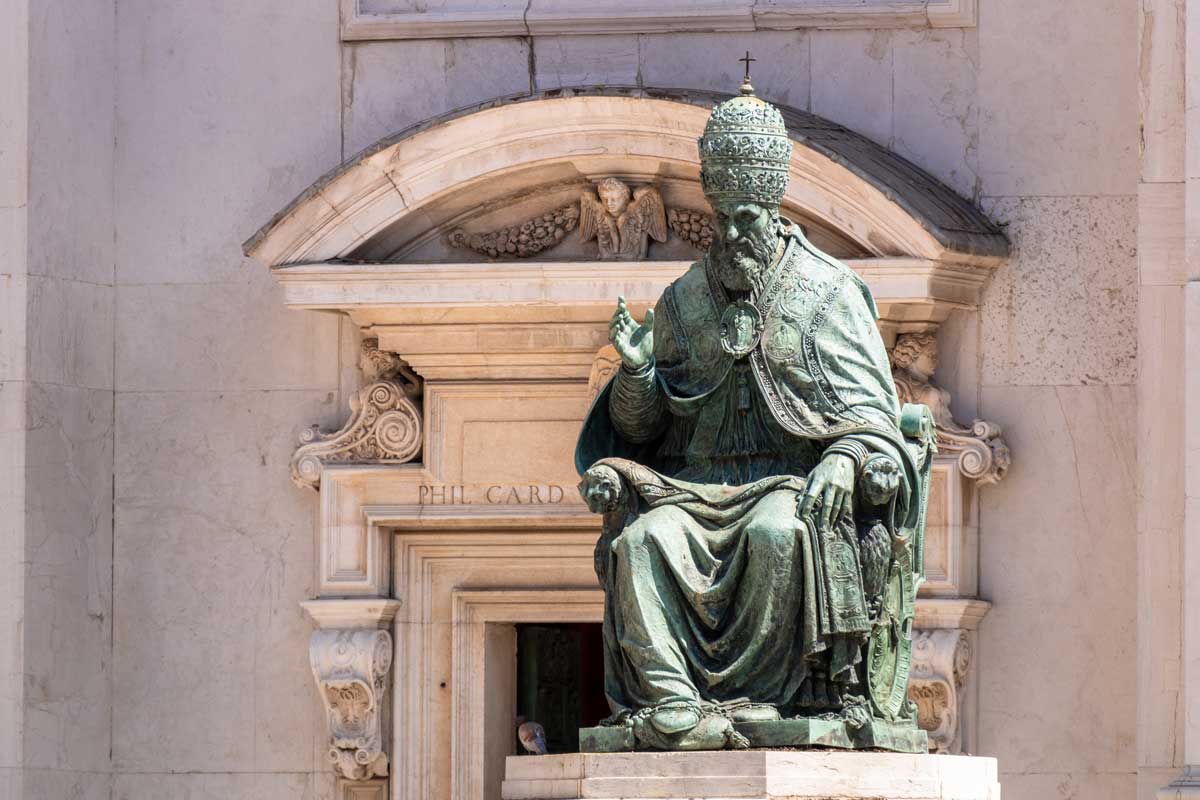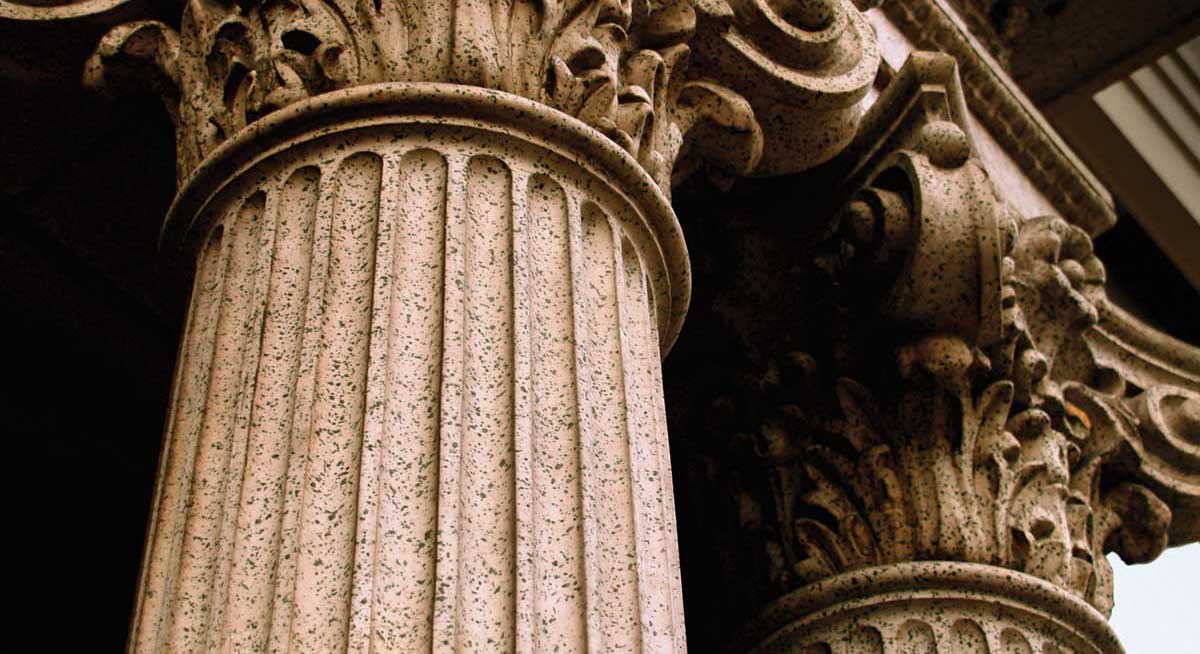Pilgrims Giving Thanks
Cherishing the America We Were Not Made For
This Thanksgiving, the Wall Street Journal will reprint, as it has every year for more than four decades, an account of the Pilgrims, those zealous and indomitable English separatists who left their refuge in Holland to settle in what was truly, for them, a New World. The text in question comes from Nathaniel Morton’s 1669 book, New England’s Memorial, and Morton’s title is still highly appropriate today, even if we live in a time when the words “New England” have come to elicit a more complicated set of associations, so that the title is likely to be read in a double-edged way.
I will not duplicate the Journal’s efforts here, except to note that Morton’s understated yet harrowing account is well worth rereading every year. For one thing, it offers powerful testimony to the courage and resolution required of those involved in this undertaking.
But just as importantly, it serves as a reminder of the remarkable lengths to which these forebears were willing to go, to establish a Christian way of life for themselves and their offspring. It is right that we should regularly remember them, and give thanks for them, as remarkable presences in that cloud of witnesses whose voices and examples help us orient ourselves.
Our Puritan Teachers
What can we learn from them? To begin with, some of the weight and cost of being “pilgrims and strangers here below.” The Pilgrims “looked not much on [earthly] things,” including the comforts they had enjoyed in the “goodly and pleasant city of Leyden,” but instead “lifted up their eyes to Heaven, their dearest country, where God hath prepared for them a city.”
I am especially riveted by Morton’s description of the arriving Pilgrims’ predicament. After a long and perilous Atlantic crossing, they found themselves confronting a cruel and unforgiving winter landscape, more severe than anything they had ever known, with “no friends to welcome them, no inns to entertain or refresh them, no houses, or much less towns, to repair unto to seek for succour,” only “a hideous and desolate wilderness.”
And when they looked behind them, they saw the “mighty ocean which they had passed, and was now as a main bar or gulf to separate them from all the civil parts of the world.” Whatever way “they turned their eyes (save upward to Heaven) they could have but little solace or content in respect of any outward object.”
The scene inspires awe. How did they manage? It is at such points that all strictly material explanations of history fail and fall mute. The Pilgrims, and the Puritans who followed them, sustained themselves with the certain conviction that they were reenacting, through the gritty determination of their own lives, the primordial pattern of biblical displacement and exile and restoration.
Those stories were the very warp and woof of their existence, the meat and drink that kept them going when the entire universe of “outward objects” could offer nothing encouraging or consoling or sustaining, only a wild and mocking barrenness. Without that biblical pattern that was the source of meaning for this endeavor, the great Puritan migration to North America would never have occurred, and certainly never have been as successful as it was.
And we would consequently have been a very different people. It is because of them that those stories, including their own story, are part of the warp and woof of this nation too. Critics of the concept of “Christian America” are right, of course, albeit in a more limited way than they imagine. The founding of this nation can’t be reduced to religious tenets and motives.
Wilfred M. McClay holds the SunTrust Chair of Humanities at the University of Tennessee at Chattanooga, and is the author of The Masterless: Self and Society in Modern America (North Carolina) and A Student's Guide to U.S. History (ISI Books). He is a member of the Presbyterian Church, U.S.A.
subscription options
Order
Print/Online Subscription

Get six issues (one year) of Touchstone PLUS full online access including pdf downloads for only $39.95. That's only $3.34 per month!
Order
Online Only
Subscription

Get a one-year full-access subscription to the Touchstone online archives for only $19.95. That's only $1.66 per month!
bulk subscriptions
Order Touchstone subscriptions in bulk and save $10 per sub! Each subscription includes 6 issues of Touchstone plus full online access to touchstonemag.com—including archives, videos, and pdf downloads of recent issues for only $29.95 each! Great for churches or study groups.
Transactions will be processed on a secure server.
more on America from the online archives
more from the online archives
calling all readers
Please Donate
"There are magazines worth reading but few worth saving . . . Touchstone is just such a magazine."
—Alice von Hildebrand
"Here we do not concede one square millimeter of territory to falsehood, folly, contemporary sentimentality, or fashion. We speak the truth, and let God be our judge. . . . Touchstone is the one committedly Christian conservative journal."
—Anthony Esolen, Touchstone senior editor





